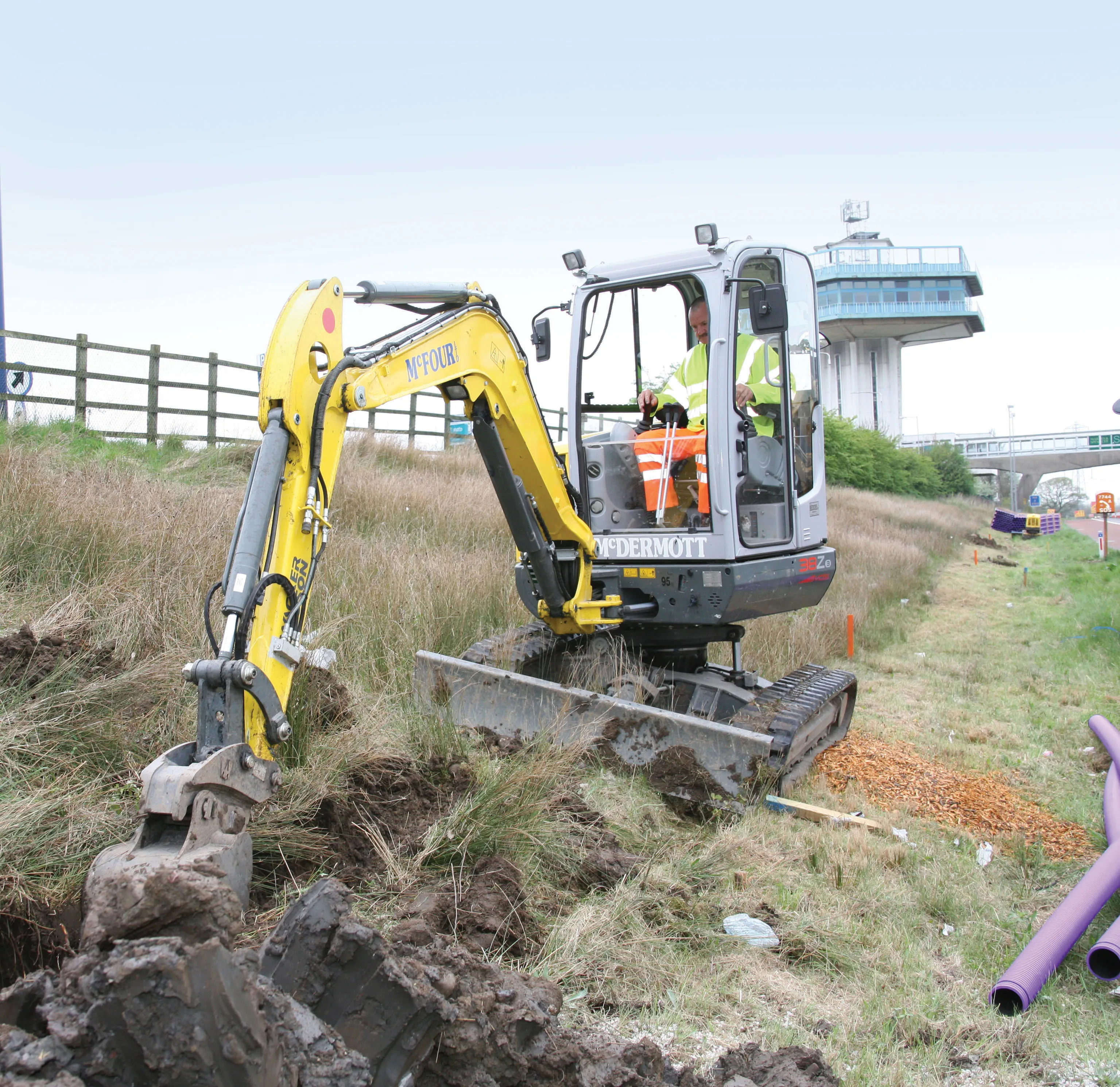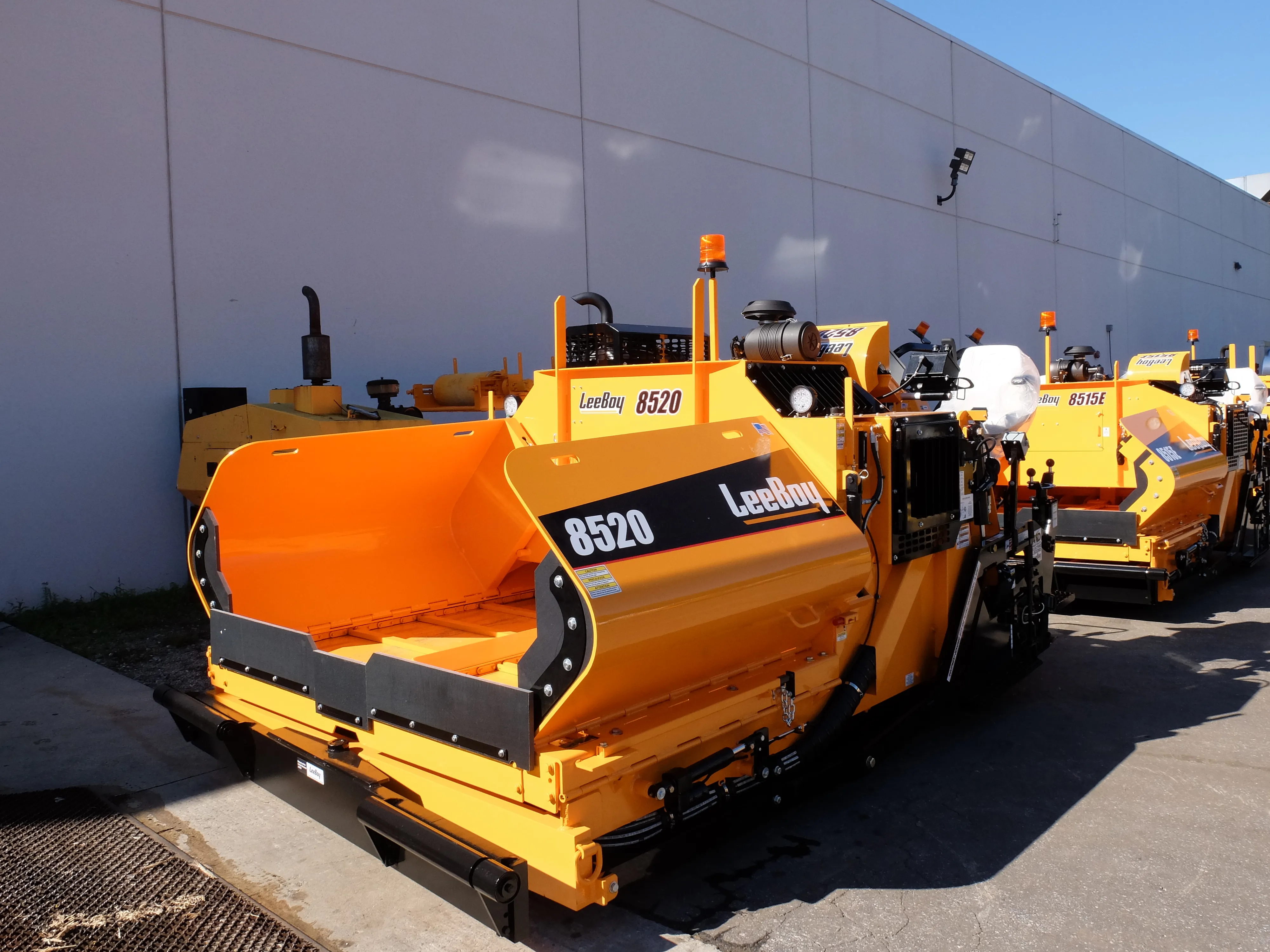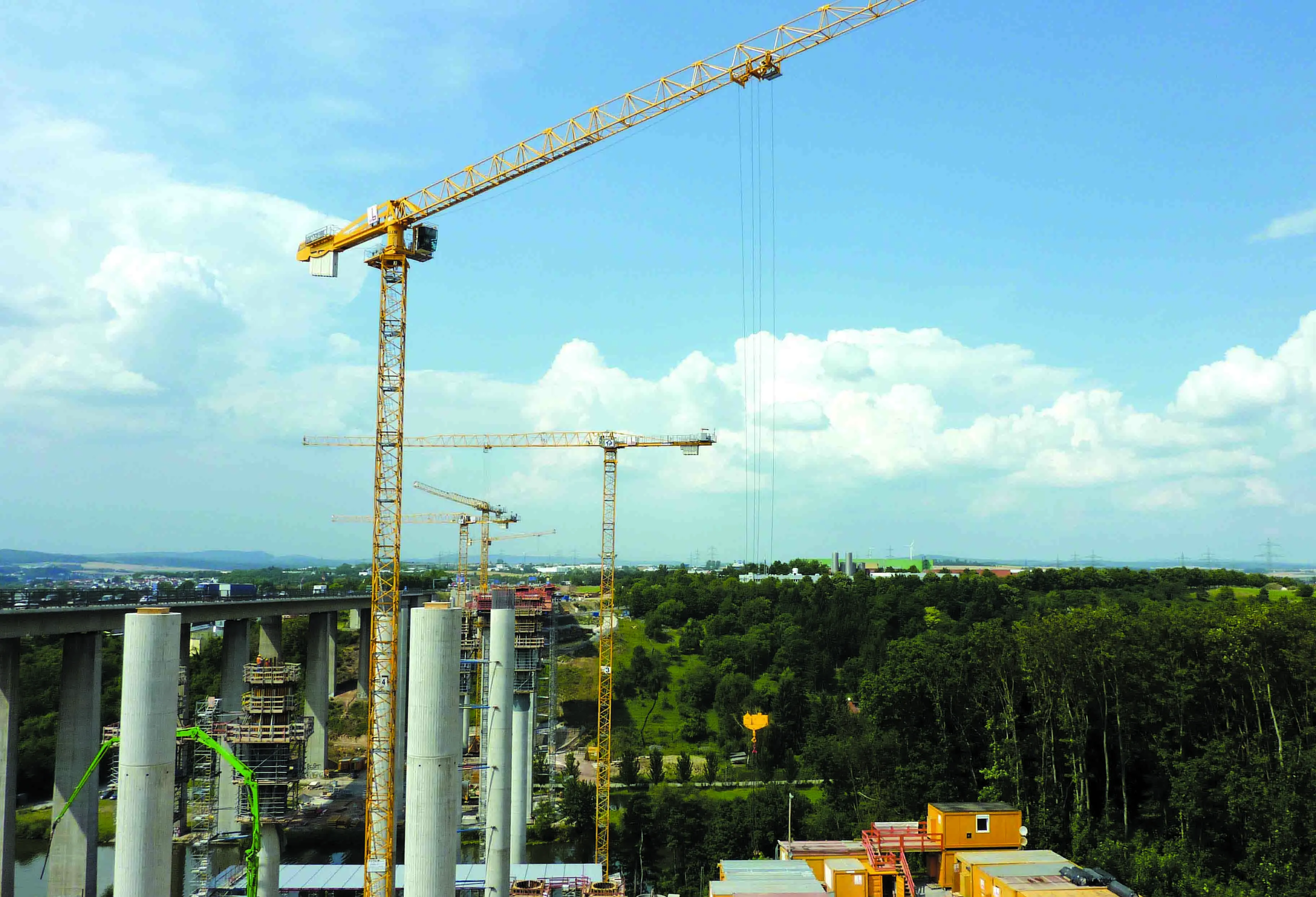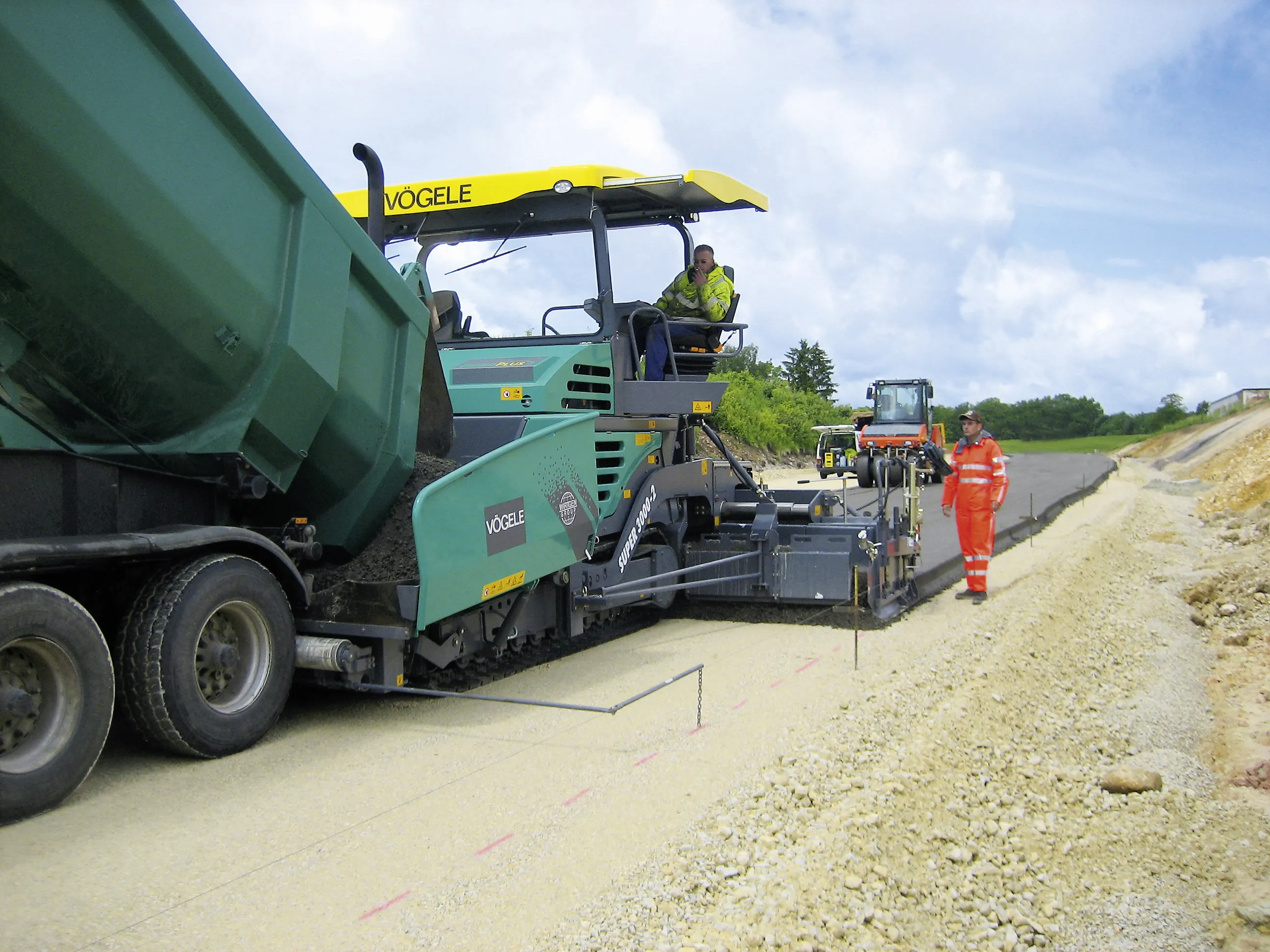In the UK a civil engineering firm is using Wacker Neuson's novel vertical digging system (VDS) on a major contract to up-grade the motorway communication network alongside the M6. The Highways Agency contract involves work along a total of 64km between junctions 32 and 37 and McDermott Construction, together with sister company McFour, has been tasked by main contractor Peek Communications to open a 960mm deep x 410mm wide trench and install large termination boxes every 500m. The job involves bedding four
February 6, 2012
Read time: 2 mins

In the UK a civil engineering firm is using 1651 Wacker Neuson's novel vertical digging system (VDS) on a major contract to up-grade the motorway communication network alongside the M6. The Highways Agency contract involves work along a total of 64km between junctions 32 and 37 and McDermott Construction, together with sister company McFour, has been tasked by main contractor Peek Communications to open a 960mm deep x 410mm wide trench and install large termination boxes every 500m. The job involves bedding four-way sealed ducting in stone with the trench then being backfilled on a continuous basis.
McDermott recently took delivery of nine new Wacker Neuson machines from local dealer Beddoes Machinery Sales of Montgomery for this 24 week contract. The order comprised five mini excavators, a 28Z3, 38Z3, 50Z3 and a pair of 2404s, plus a 6503 and three 9503 wheeled machines with triple booms used for placing stone and backfilling duties. Of the minis, three are equipped with VDS, which allows the operator to tilt the machine's entire superstructure by up to 15º. This feature is important at the M6 project as a lot of the digging has to be carried out on sloping embankments.
Where the embankment is steeper, the machines only have to dig a minimum amount of material away in order to accommodate the up-hill track and then deploy the VDS to level the cab. In the even steeper sections and where access by even a mini is impossible, the company has to resort to a purpose-built trenching attachment.
McDermott recently took delivery of nine new Wacker Neuson machines from local dealer Beddoes Machinery Sales of Montgomery for this 24 week contract. The order comprised five mini excavators, a 28Z3, 38Z3, 50Z3 and a pair of 2404s, plus a 6503 and three 9503 wheeled machines with triple booms used for placing stone and backfilling duties. Of the minis, three are equipped with VDS, which allows the operator to tilt the machine's entire superstructure by up to 15º. This feature is important at the M6 project as a lot of the digging has to be carried out on sloping embankments.
Where the embankment is steeper, the machines only have to dig a minimum amount of material away in order to accommodate the up-hill track and then deploy the VDS to level the cab. In the even steeper sections and where access by even a mini is impossible, the company has to resort to a purpose-built trenching attachment.









